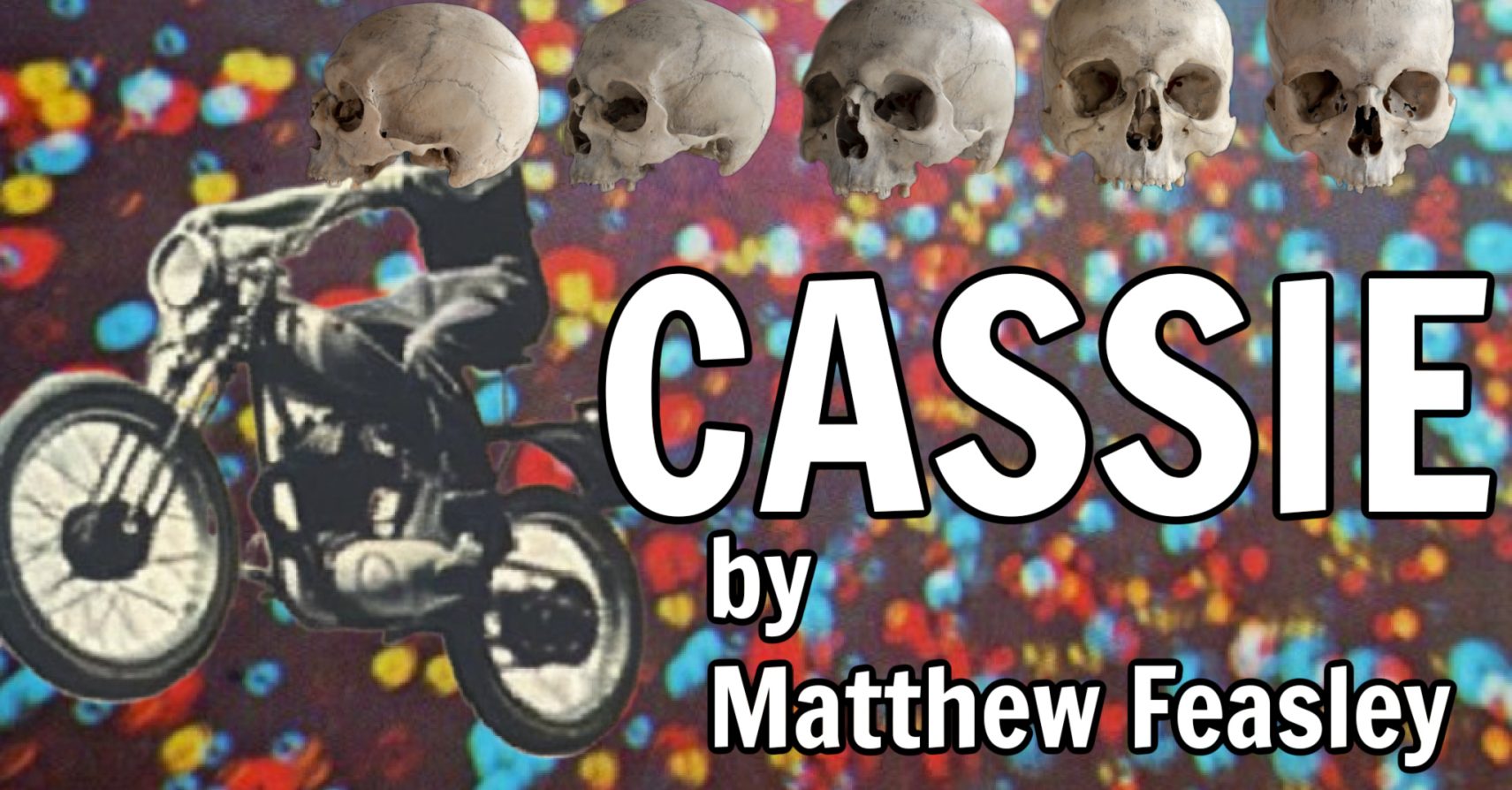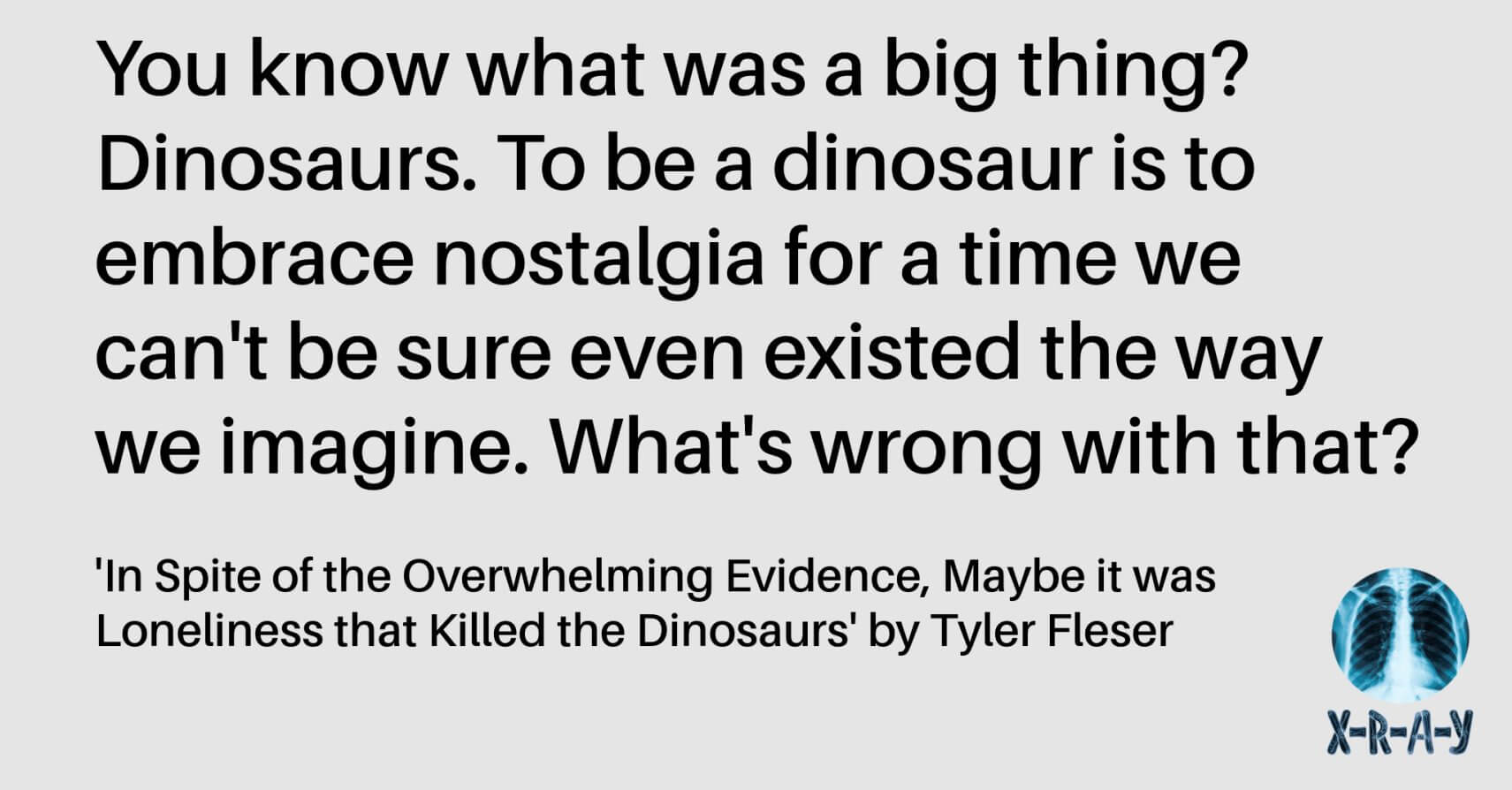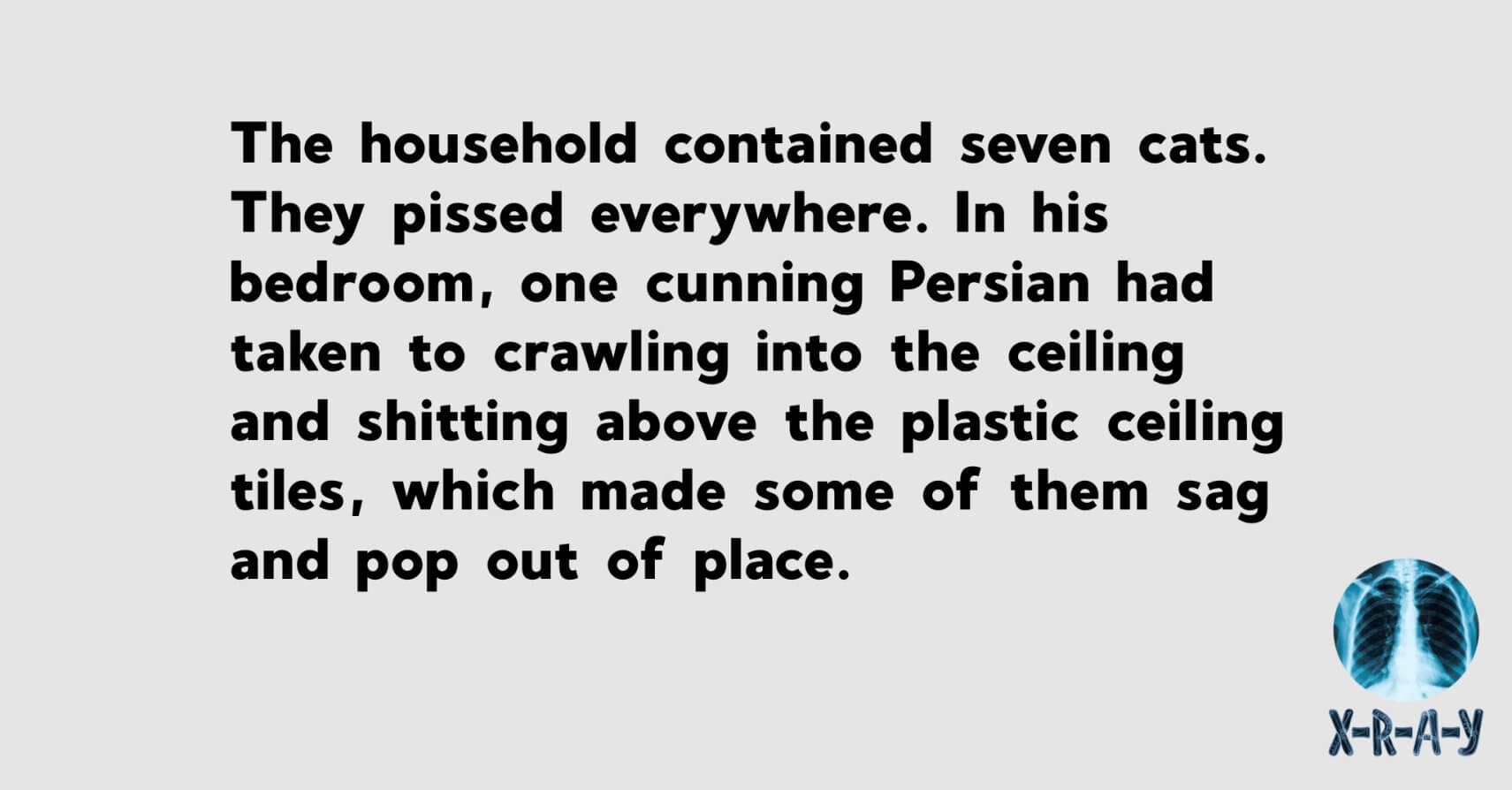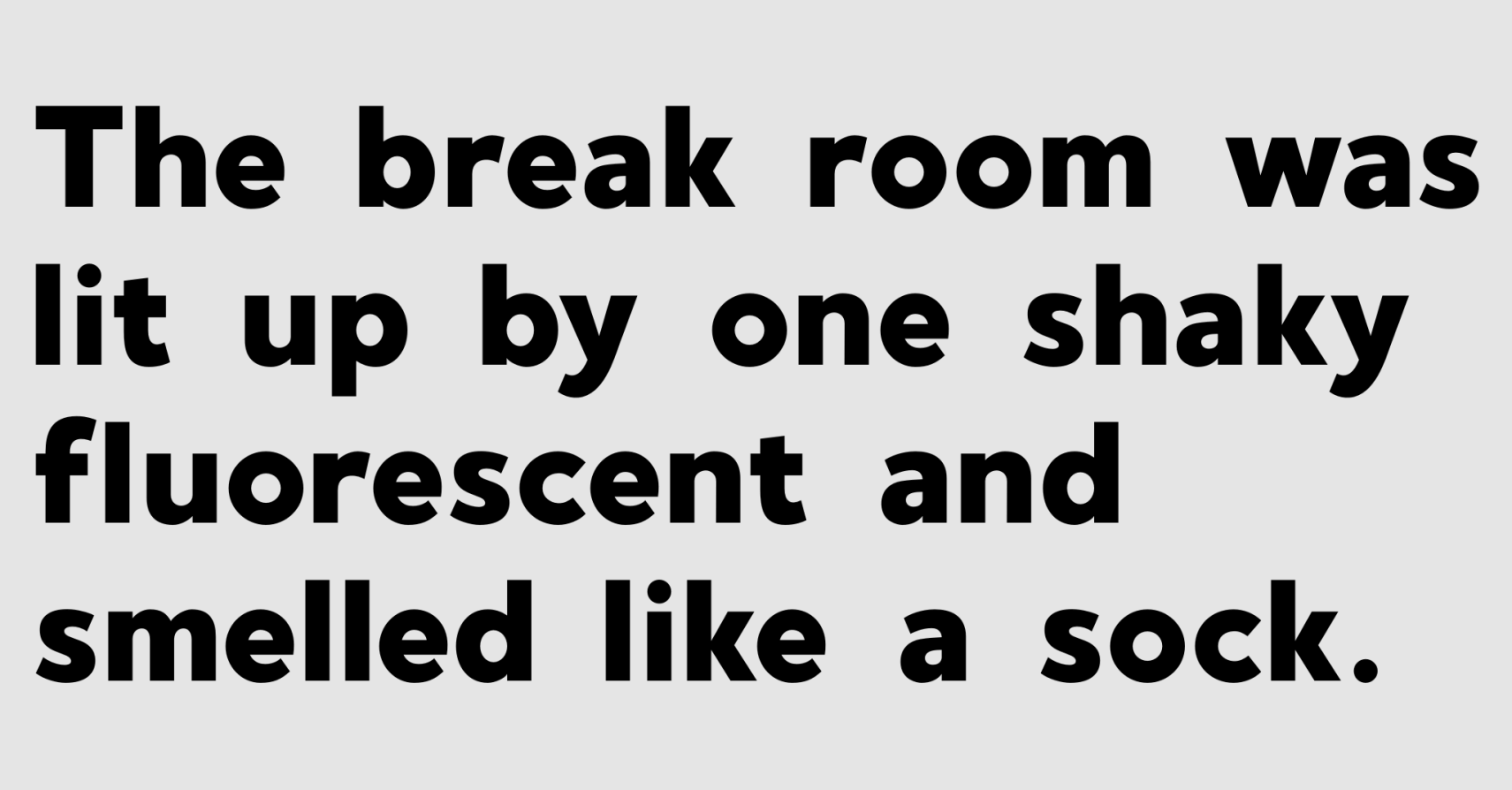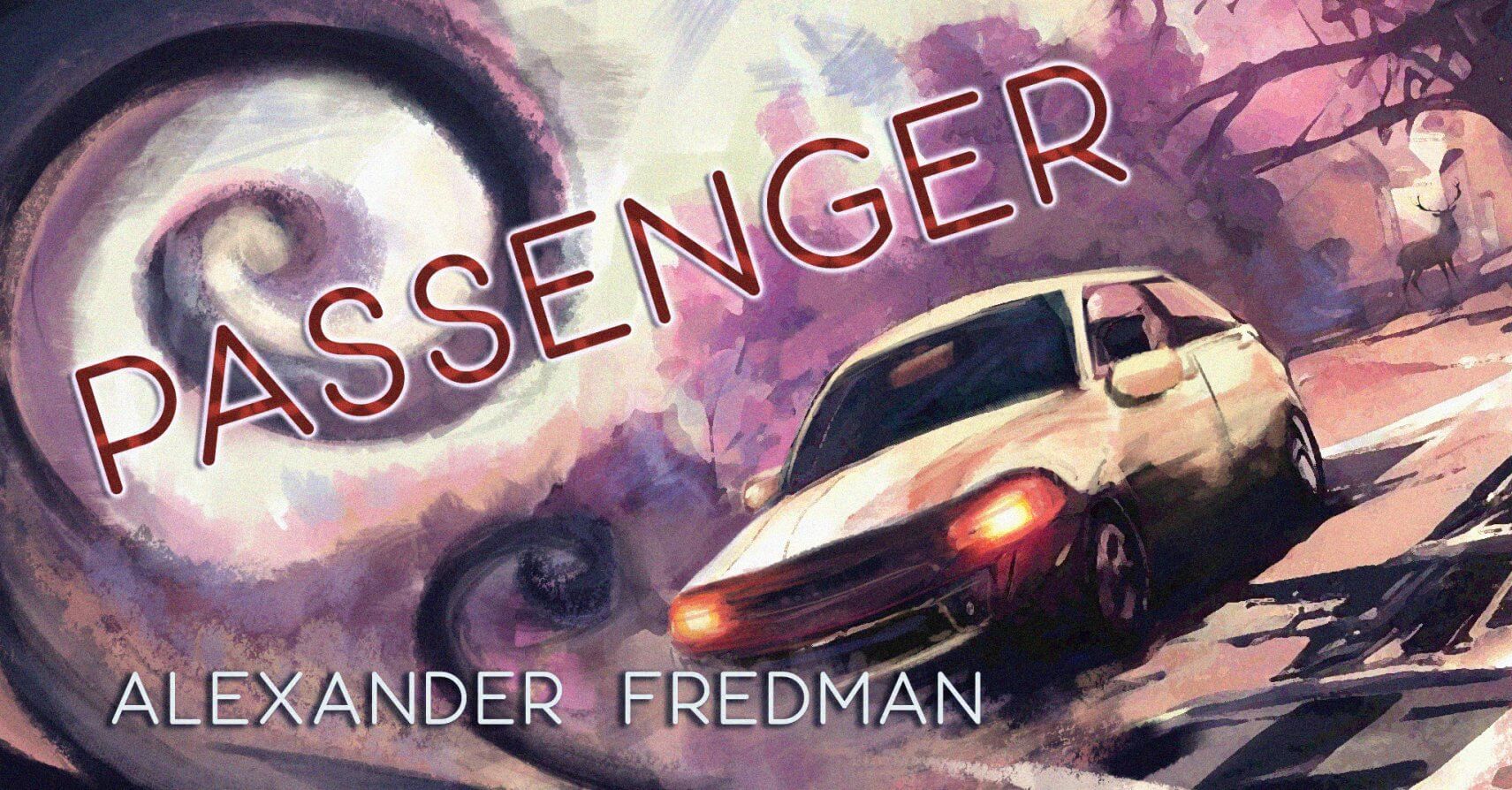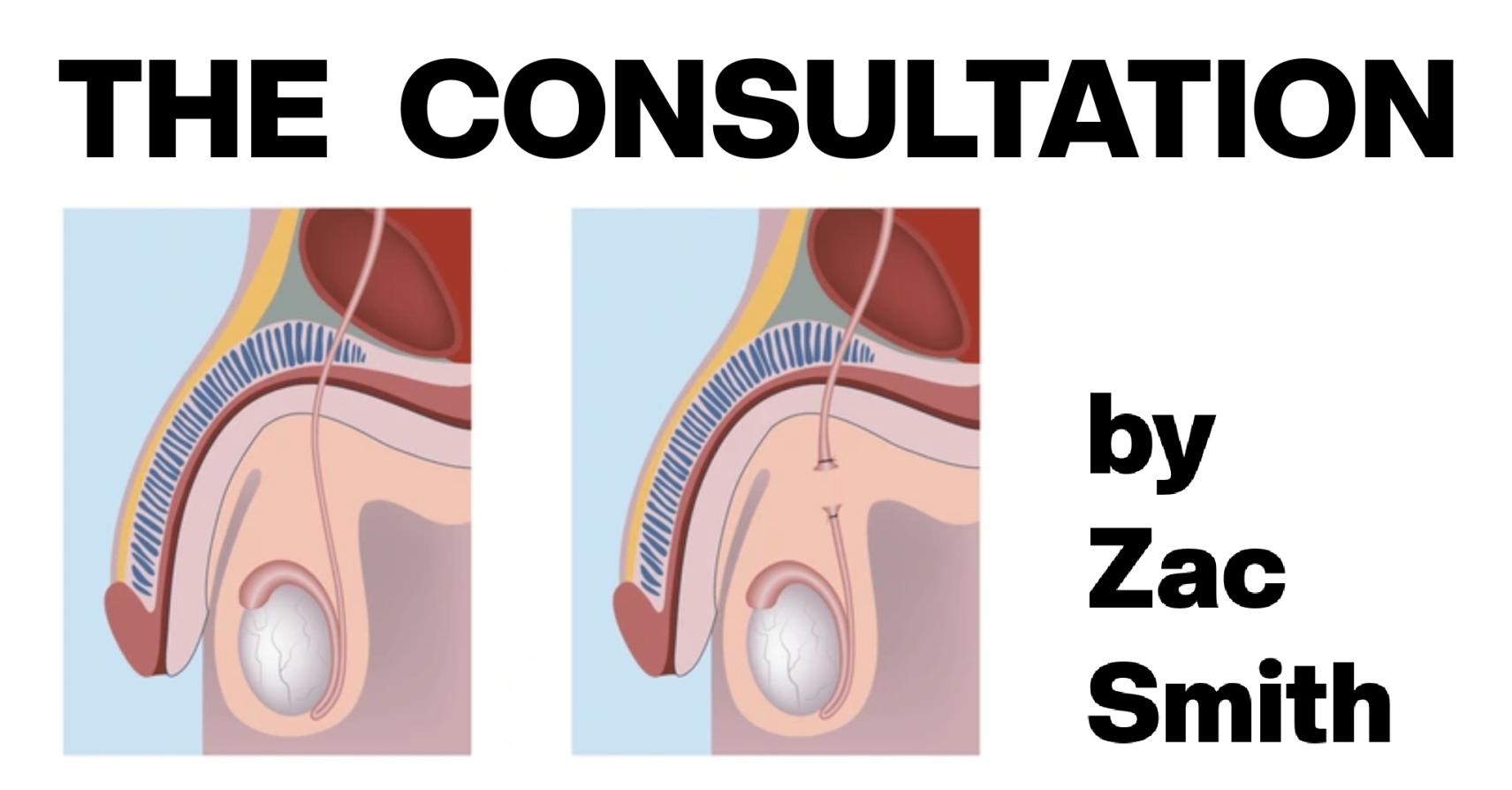
THE CONSULTATION by Zac Smith
So a vasectomy isn't actually reversible. I like to start off with that. Because for some guys that's all they need to hear before they decide they need some more time to think about it. I know people say that a vasectomy is reversible, but it's not. You really need to be done having kids if you're going to do this, because it's permanent. But I see you already have some kids so I'm less worried about that in this case. You have three, is that right? That's great. Makes sense you'd want a vasectomy. I have three kids, so I get it. I had three and thought woah there, that's enough of that! Time for a vasectomy! And did it myself. I mean, I didn't do it to myself, but you know what I mean. I got the procedure done myself. By my colleague Dr. Askildsen, actually. Although, to be fair, I could've probably done it to myself. I've done, well, yeah, let's see, I've done probably five hundred vasectomies now with no complications. Maybe one or two complications. Or at least no complications from anything I did, uh, well, not wrong, but, you know, most complications are due to the patient not resting properly or tending to the incision site correctly. Which is partly why we like to have consultations like this first and then schedule the vasectomy procedure itself for a later date – and we'll get into this more later – because there are some things that we like to go over before the actual procedure. But like I said I've had a pretty excellent record. I'm pretty good at vasectomies, basically. I feel confident that I could have done my own procedure, actually, if you want the truth. It's all I do at the clinic, really. And a successfully completed vasectomy has a ninety-nine point nine five percent chance efficacy rate at preventing pregnancy. That's effectively one hundred percent. I could probably do the vasectomy procedure blindfolded at this point, too, to be honest. And we'll get into this more later, but it only takes about an hour, usually less, from start to finish. So some days I do five or six vasectomies in a row, like that's just my whole day, maybe one consult, like this, in the morning, you know, and then I pick up the bulk of the procedures for Dr. Askildsen, usually. Some days it's just back to back procedures and I clock out. There isn't really a clock to punch, but you know what I mean, you know, but it is nice, like, if my schedule's empty after that I can just go home. But most days, yeah, it's like, one or two consultations, a couple vasectomies, lunch, then maybe three or four more vasectomies, then some paperwork. And it's all very smooth and predictable because I am very experienced. You've picked a good clinic to come to, basically, if you'd let me brag a bit, because I am proud of the work we do here. So I appreciate you coming in. Like I said, I could have done my own procedure, blindfolded, I imagine, too, with no complications. But the main goal of this consultation is to get you up to speed on what to expect. So, in a bit, with your permission – and we'll get into this more later – I'd like to take a look and have a feel to make sure everything's alright down there, and that you're aware of, sort of, like, what to expect, in terms of how the procedure goes and, like I said, like which parts of your body I may need to manually manipulate, what to expect in terms of pressure or discomfort, that kind of thing. It's all very straightforward, but I do find that it helps to walk through how it all works prior to the actual procedure. And I should say here that I wouldn't actually do it blindfolded, to you, or to anyone, or even myself, although I definitely could, I'm pretty sure. But legally speaking I probably shouldn't. Definitely couldn't do that. But I could easily do it. Blindfolded, I mean. Or to myself. Both, really. I basically do it blind now, in a way. I mean, we'll get into this more later, but the whole procedure pretty much goes by feel. I'll take a look I guess to make sure there's nothing strange going on down there, you know, that might lead to a complication, like I said, and then I need to deliver the local anaesthetic, but then from there it's pretty much by feel. And I guess the first part is more like a formality, really, to make sure there isn't anything that could lead to an infection of the incision site, like I mentioned. That's generally what we mean by a complication: it's generally something that would pose a risk of infection or impede recovery which would make me not want to proceed. But you don't see that much out here in Weston. You get that more over in Wellsborough, in my experience. I imagine you're familiar with Wellsborough, with it being so close to Weston. Cute little town. But you get some people who really don't know how to take care of themselves. Which, and we'll get into this more later, is what a visual and physical inspection during a consultation helps identify. And usually I don't have to deal with this type of patient much here in Weston, but there's still a lot of ignorance, or discomfort, maybe, when it comes to the body, especially this region of the body, in general, like, for anyone, you know, anywhere in the country. You don't go out to a restaurant and ask people how their genitals are, you know? Which, again, can complicate the procedure. But I remember being surprised about what kind of problems people are just dealing with without realizing it, especially in Wellsborough. At my first clinic we saw some really interesting guys come in, is all I'll say, some guys who seemed to suffer this kind of terror of their own body, I guess is a good way to put it. Well, maybe that's not how others would put it, but it makes sense to me to put it that way. I don't want to go into this too much, but sometimes you can really get a sense of it when they come in. You start talking about things – and we'll get into this more later– you know, like scrotum and perineum, and they sort of recoil. I'd talk about semen, you know, and, really, yeah, the best I can describe it, really, is just terror. A deep fear. Very deep. So I call it terror. You would think it'd be more of like a disgust, or revulsion, maybe, or some kind of general discomfort, you know, because of the association with urine or excrement, but no, it's really just a sort of, well, shocked, fearful. I call it terror, really, that's the best way I can describe it. You start a consultation and then you really see it: terror. The physical nature of fear, really, of terror. You know, you can see it. They get a little pale, maybe they sweat a bit. It's very physical, really a drastic change, and very immediate. Some guys might shiver, even, I remember. But it's really in the eyes. Some guys, you know, most of these guys, their eyes start to get wide, and their pupils dilate. And they sort of, well, cower, I guess, too, in the chair, and I'm not doing anything else than what we're doing here, you and me, you know, just calmly talking about the procedure, talking about what I'll need to manipulate, how a vasectomy actually works, physically, you know, biologically. At the time, when it was happening, I would think they were just afraid of the procedure because they didn't understand it, you know, and this was back when we didn't have these consultations as much. They'd come for the procedure and immediately they start cowering on the table, and I assumed they were thinking it was more like castration, or something, you know, which I get, because there's a lot of ignorance out there, and I get how that would maybe scare you a bit. I mean, it doesn't make sense at all, really, if you think about it, but I don't know, I was trying to figure it out. And I wanted to see how to make things easier for these guys. So then I started, you know, first thing in the consultation, which has a few parts to it – and we'll get into this more later – I would start with just very simply saying Hello, a vasectomy is very simple, and I'm not gonna remove a single part of your body, I'm just making a small snip in a little tube and you won't even notice a difference in three days' time. But I was foolish, in retrospect, thinking that way. It didn't make a difference. They still just cowered in the chair, eyes wide, pupils dilated, little blobs of sweat peeking out from under their hair. Terror. But I was stubborn, you know, and I wanted to be the best, one of the best, if possible, is what I wanted at the time, which I kind of am now, to be honest – so know you're in good hands here, expert hands – and so I kept trying to improve, I wanted to figure out how to help them, and I thought, okay, let's have consultations, and during the consultation, right at the start of it, even, I can reassure them. I thought I just had to be more clear. Concise. I figured I could work out a perfect introduction that would just prevent it right off the bat, you know: the terror. So, like, I tried saying, very first thing: Your penis won't be touched. Your testicles won't be touched. I mean, okay, maybe I wouldn't say it exactly that way, because I do have to manually manipulate the testicles, and sometimes the penis, if it's large enough to get in the way, which can make the procedure much more difficult, as you can imagine – and we'll get into this more later – but I intended that line to just mean I'm not going to injure you, you know, I'm not going to cut off your penis. That's very straightforward but I tried out all kinds of phrasing. I even tried just saying that: I'm not going to cut off your penis. And I even pulled out a diagram, or I'd have it propped right up here when they came in, before they even came in, actually, and I'd point, you know, first thing: None of this stuff is going anywhere. I promise. And I'd point to the penis and the testicles. But no, that wasn't it, that wasn't the problem at all, of course. I know that now. I was wrong. I thought maybe it was just, I don't know how to say it, the association of the whole thing. These guys had a deep fear of the urology clinic, or what the word implied, I guess, I thought: urine, penis, testicles, semen. They had a fear of those things. Or more like a fear of the parts of the body, of what the body does or can do. They had a fear of these things, but, well, I realized it was even simpler than that: the body. These guys were coming in terrified of their own bodies. That's what it was. The body. The self, the physical self. They were being confronted with their own bodies, the reality of their beings, I guess, all the wires and bolts and tubes and screws. Not literally, I mean, not literal wires and screws – and we'll get into this more later – but the whole physicality of it made them uneasy. Now, again, uneasy isn't the right word, it's beyond that, deeper than that. Like I said, it's terror. I was telling them that they had a thing called a penis, a thing called a scrotum, but then that was it, that was all it took, because that opens it all up. Sitting here and saying the word penis was like leading them to Medusa and telling them to look right in her eyes. Everything else was just the predictable aftermath of that little glance, that little glance at the truth, I thought, you know, after really thinking about it. After really trying to understand and work through it, these consultations I'd have and what happened in them, what went wrong, working through when they really began to cower, all that, and asking myself What set them off? Man, I'd ask myself this and think on it for a long time after, I'd think about it at home, you know, or in the car, and I'd come back the next day with a new theory, some new idea of what was doing it, what was igniting it, this real terror. I mean, I should clarify, they weren't running out of the office screaming. Nothing like that. But I know that look. I could see it. The terror. I could see it in their eyes, in their whole being, really, this deep dread opening up in them and draining them, right in front of me, sitting where you're sitting now, basically, and they would sort of gasp for air a little bit, gasping like a fish or something, you know? Have you ever been fishing? Then, right, you know what I'm talking about, how a fish will sort of gasp, sort of open and close its mouth, almost like a reflex. Well I guess it is a reflex, I don't know. You assume they're gasping for air, but fish have gills, right? That doesn't make sense, really, no, so it's something else. I never thought of it that way before, but that's what it is: terror. These men were terrified, just like the fish is terrified. The fish isn't trying to breathe the air, it's simply reacting, it's just a reflex, an autonomous movement. It's feeling out of control, and it doesn't know what to do, so it does that, for some reason. That's how these guys would look at me as soon as I said the word scrotum or the word ejaculate or something like that, as soon as I pointed at the diagram, as soon as I even gesticulated toward their lap, sometimes, even. Little fish mouths opening and closing. Gasping. And I realized that ultimately it was just whatever finally caused them to really understand that: Yes, yes, I have a body, and my body has genitals, and my genitals do things, they make things, they shoot things out, sometimes, even, and I have to sit with that understanding, I have to really confront it, really accept it, and I'm not prepared, I can't do it. Or maybe it's just the body, that simple reminder: I have a body, that's it, isn't it, I'm not just a floating, like, ghost, I guess, but I'm real, I'm a body, or I'm in a body, and my body functions, or, well, it functions for now, and maybe it won't always do that, maybe it's already falling apart, and, you know, someday that will end, and so will I. And that's terrifying. I can understand that, now. I didn't understand that early on, doing these consultations. But I understand it now. And not everyone reacts that way, obviously. Maybe it's just something about Wellsborough, even. I don't know. I thought I could just walk in and be frank, talk to an adult like another adult. And it didn't work. I didn't understand it then. Sometimes I'd get so frustrated, you know, and I'd daydream, even, about, like, walking in and saying Hi there, I'm Dr. Razzle, and hey, listen, one: you have a penis, and two: you're gonna die. And I have a penis and I'm going to die. And there's nothing either of us can do about that. And everyone with a penis is gonna die, and everyone without a penis is gonna die, because we're all just bodies, we're just blood and guts and we have like a hundred years max and then it's over forever and we need to be adults about this because I'm here to help you get a vasectomy. So I'm gonna step out and do some paperwork, and you can think about that for a minute, and when you're ready, I'll come back in and we'll talk about the procedure and what to expect. Isn't that ridiculous? I never did that, obviously. And maybe it wouldn't have helped anyone. Or maybe it would have. I don't know. But I was feeling so desperate, I remember, that it felt good to imagine it, to just think of these extremes, to work through some really out there idea and picture it, you know, close my eyes and feel it, live in that moment, and I think it helped me, too. It really helped me think it through and really understand it. I stopped myself once and thought, Alright, why am I imagining this? What am I trying to solve, really? It was the terror. It was always the terror, in the end, and that wasn't about me. It wasn't about the procedure. It wasn't even about the guy's perineum or prostate or vas deferens. It wasn't about pee or poop or jizz or blood or anything else so common and trivial as that. But it was about something even more simple, even more central to everything, the most common thing, the most simple thing, I guess, really. It was about death. They were afraid of death. That's what terror is. It's not just any fear, no, it's the fear of death. And I thought about that and thought about that, you know, sometimes angrily, sometimes frustrated, I guess, and sometimes desperate, just so over it, just so willing to do anything to help these guys move past it, and sometimes it made me sad, too, of course, thinking about all these guys coming in and of all things I have to be the guy who reminds them of their own death. All these guys, you know, who never had to confront it, never gave a thought to their own end, it seemed like, until of all things they step into my urology clinic office and sit on my chair and of all the things in the world it was me saying the word scrotum and bam! There it is: You're gonna die! And It wrecked me, in a way, for a long time. I felt stuck. It felt impossible to move beyond that. But eventually, you know, thankfully, I realized there was nothing I could do. Nothing! It's nothing anyone can do, really. It's something that not even religion can do, if you think about it, and, hey, that's religion's whole thing, isn't it? To prepare you for death? To explain death? To help you come to terms with death? I don't actually know, but that's how I think of it, anyway. And yet, I thought, you know, everyone is still afraid of dying, even religious people. Despite having religion, they're still afraid. The most ardent believer, convinced, fully sold on life after death in Heaven, even, still at the end: afraid. And if it really is everyone, then maybe the Pope is afraid of death, even. Maybe all the Popes were afraid of death, still, right at the end. And it's so obvious, right? Of course they would be afraid of dying. How could they not be afraid? But of all people, you would think, you know, maybe the Pope could accept his own demise, I mean. But I believe it, I truly believe it, that even the Pope fears death. He has to. And I bet if the Pope were from Wellsborough, and he came into my old clinic, he'd be the same as anyone else. He'd be terrified. He'd feel it. He'd feel the terror. That's death. That's what death does. Even Jesus was afraid. I remember that, from church, I don't know if you're religious, but I remember that. Jesus on the cross: Why have you forsaken me? He felt it. Jesus felt the terror. The son of God, or God himself, right? God incarnate, God walking on the Earth, and it's still the same. The terror was the same. It's all the same. And I thought about that and I realized I had no other option. I had to give it up. I had to accept it. I mean, it was death. Everyone has to accept it. Not just their own death, I realized, but everything else that death does. Death was doing this to my clinic. I couldn't help these guys. I mean, I could help them stop having kids, but that was about it. If even Jesus Christ himself, God on Earth, were afraid of dying on the fucking cross then I certainly have no business making anyone feel better about dying. So I gave up. But, like I said, it's not really an issue around here in Weston. And now I can just focus on just using the consultation to say okay, we can do the procedure, and we'll get into this more later, but here's what it's gonna involve: there's a visual inspection, some manual manipulation, some lidocaine to numb the area, a small incision, a snip, and some minimal stitches. But again, if I were doing it blindfolded, I could pretty confidently skip the visual inspection, especially if I were doing it to myself, obviously. So that would just leave the anaesthetic, which, again, is local, it's like, you know, procaine, like at the dentist, and you just need to inject it into the scrotum without penetrating the testicle. Which, I mean, that's pretty straightforward. So the blindfold wouldn't really impact anything. And, thinking about it now, I've found better results standing next to the patient, you know, facing the same direction, like this, which for some people makes things easier, or at least feel less invasive, less clinical, so, yeah, no, I could do it. I could do it easily. Send me back five years and hand me a blindfold and I'd do it, probably in under twenty minutes. Bam! Anyway, why don't you hop off the table here and, if you feel comfortable, pull down your bottoms. I'll close the blinds. Thank you. Ah, okay. This one'll be easy.

